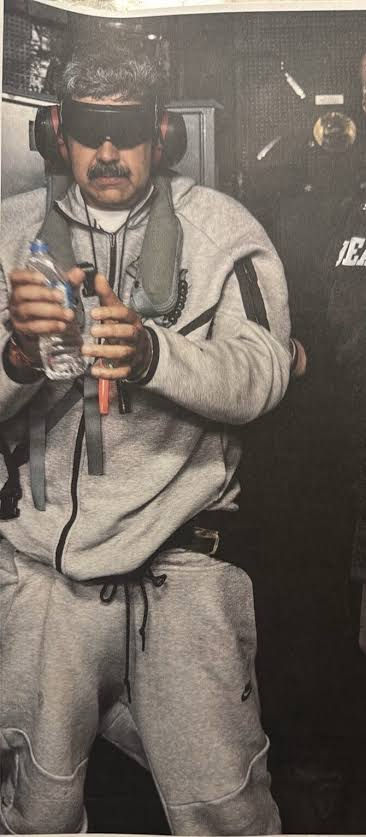The war between Rwanda and the Democratic Republic of Congo: Trump’s peace deal
- Sebastian Palacios.

- Jul 3, 2025
- 2 min read
Updated: Jul 18, 2025
After three decades of armed conflict, Rwanda and the Democratic Republic of Congo (DRC) signed a peace deal in Washington a week ago, aimed at ending a long-standing and devastating conflict between the two neighbours that has caused around 6 million deaths—and potentially granting the US lucrative mineral access.
The DRC, with Kinshasa as its capital, and Rwanda, with Kigali, have fought numerous wars that trace back to the 1994 Rwandan genocide committed by ethnic Hutus against ethnic Tutsis and moderate Hutus. After the genocidal Hutu government was overthrown by the Rwandan Defence Forces militia, many Hutus fled into the eastern region of neighbouring DRC.
In the aftermath, Rwandan forces entered Congolese territory to pursue these Hutus and backed Tutsi proxies—such as the M23 militia—to fight against Hutus in the DRC. However, these groups committed many atrocities against the Congolese civilian population living near the border. Rwanda has also been accused of looting and smuggling the DRC’s coffee, diamonds, timber, coltan, and gold, leading to numerous low-intensity wars between the two countries throughout the 1990s and 2000s.
Nevertheless, the DRC also supported its own proxies, such as the FDLR, which operated on both sides of the border and also committed many war crimes.
The European Union cut military aid to Rwanda, and the United States imposed sanctions on key Rwandan military officials for their involvement in the conflict. After the DRC lost territory over the past two years, the government in Kinshasa turned to the US for help—reportedly offering access to critical minerals in exchange for security guarantees. Eastern DRC is rich in coltan and other resources vital to global electronics industries.
Trump’s brokered peace accord includes the following provisions:
• Respect for territorial integrity and a cessation of hostilities by both sides.
• Disengagement, disarmament, and conditional integration of non-state armed groups.
• The return of refugees and displaced persons.
• Mutual recognition and respect for national borders.
• Security: Both sides commit to not supporting armed groups and to establishing a joint security mechanism to combat militias.
• Economic cooperation: Both countries agree to use existing regional structures, such as the East African Community, to expand transparent trade and investment opportunities—including those facilitated by “the US government or US investors” in mineral supply chains and hydropower development.
Trump stated this week that he should get the Nobel prize, because, according to him, he also stopped a war between Pakistan and India, and is trying to settle the Gaza and Ukraine wars.










Comments